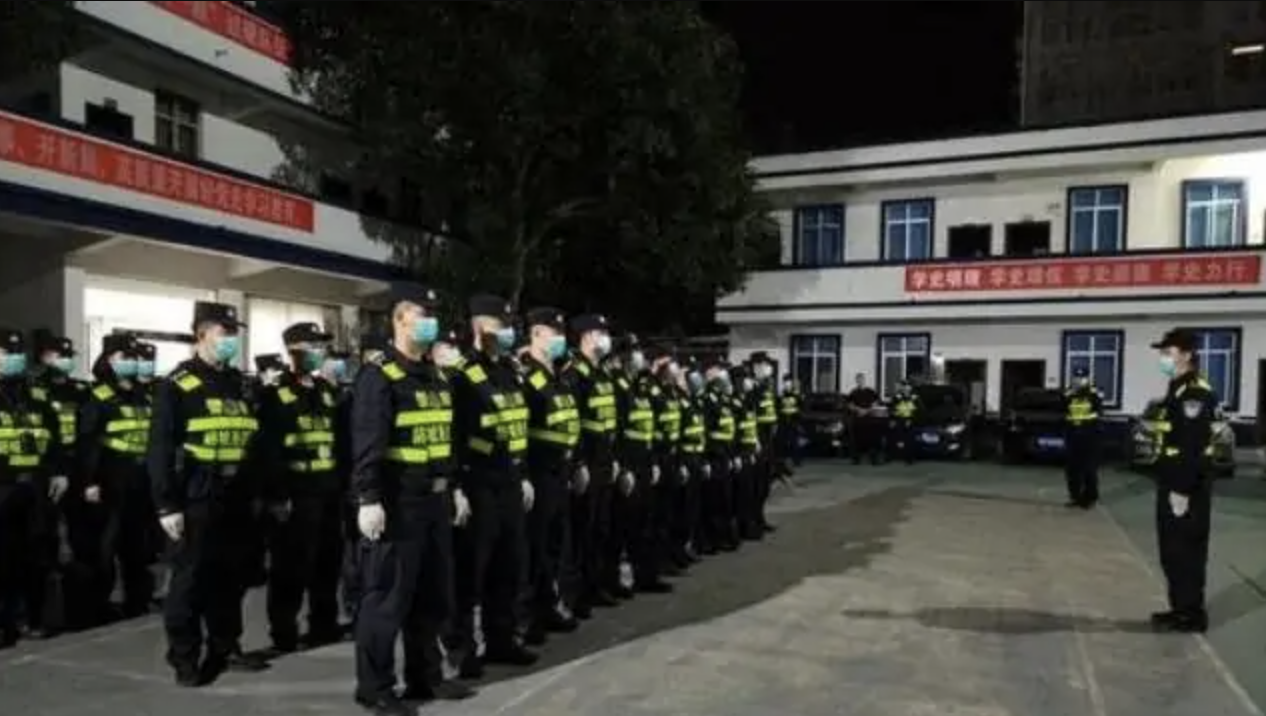While Ningming county has a significant presence of the ethnic minority Mien (recognized by the CCP but under the old derogatory name Yao, meaning “savages”), Napo County is home to large communities of another minority, the Tai-speaking Zhuang. Fangchenggang’s population is 40% Zhuang.
The whole area has witnessed a social experiment of forcible relocation of villagers to specially designated sites and “model” settlements with tighter control, under the pretext of “poverty alleviation.” Economic results are controversial, and many villagers are unhappy about relocation. As it often happens, many look for comfort in non-government-approved religion.
Chongzuo city has issued a document called “Opinions on Strengthening the Prevention and Handling of Anti-Xie-Jiao Work in Relocation Sites for Poverty Alleviation.” It is an interesting text, which shows that one of the results of the relocation policy has been a revival of “illegal” forms of religion. As readers of Bitter Winter know, xie jiao , sometimes translated as “cults,” indicates teachings and groups the authorities regard as “heterodox” and prohibit.
Villagers in the “relocation sites” and in Napo County, where the border police is conducting a large operation against alleged infiltration of illegal religion from Vietnam, however, reported to Bitter Winter that, as it is often the case, the notion of xie jiao is interpreted extensively.
We have been told that religious movements who worship in different ways the divinized folk hero Nong Zhigao have also been harassed and advised to keep a lower profile. Nong Zhigao was a king who in the 11th century fought for Zhuang independence against both Vietnam and China. His worship is largely tolerated in Vietnam but was always looked at with suspicion by Chinese authorities as potentially fueling Zhuang separatism.

